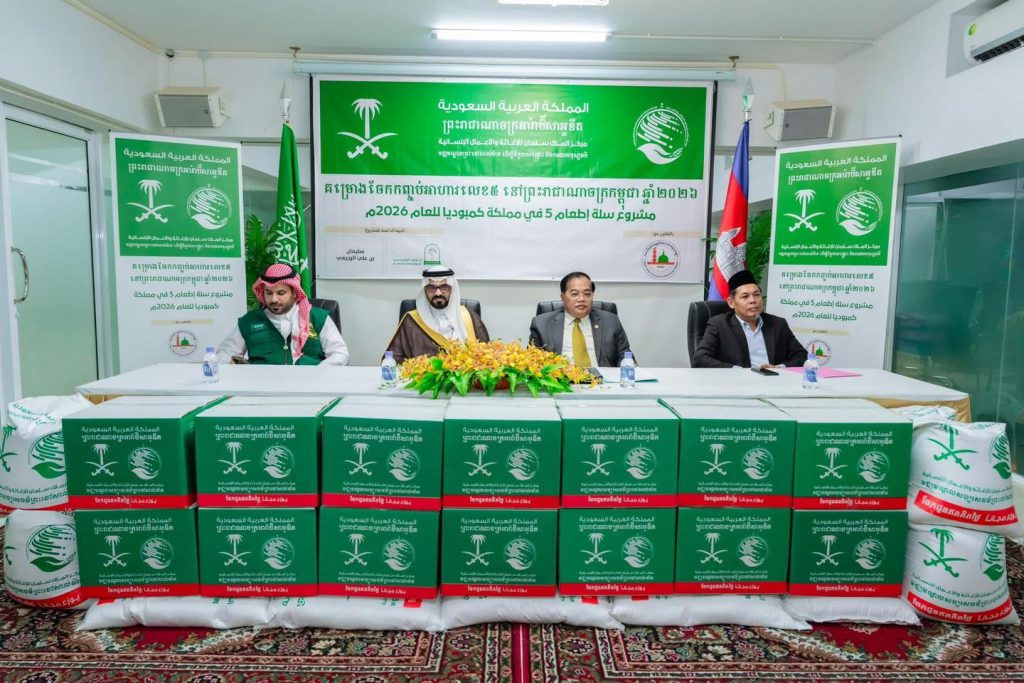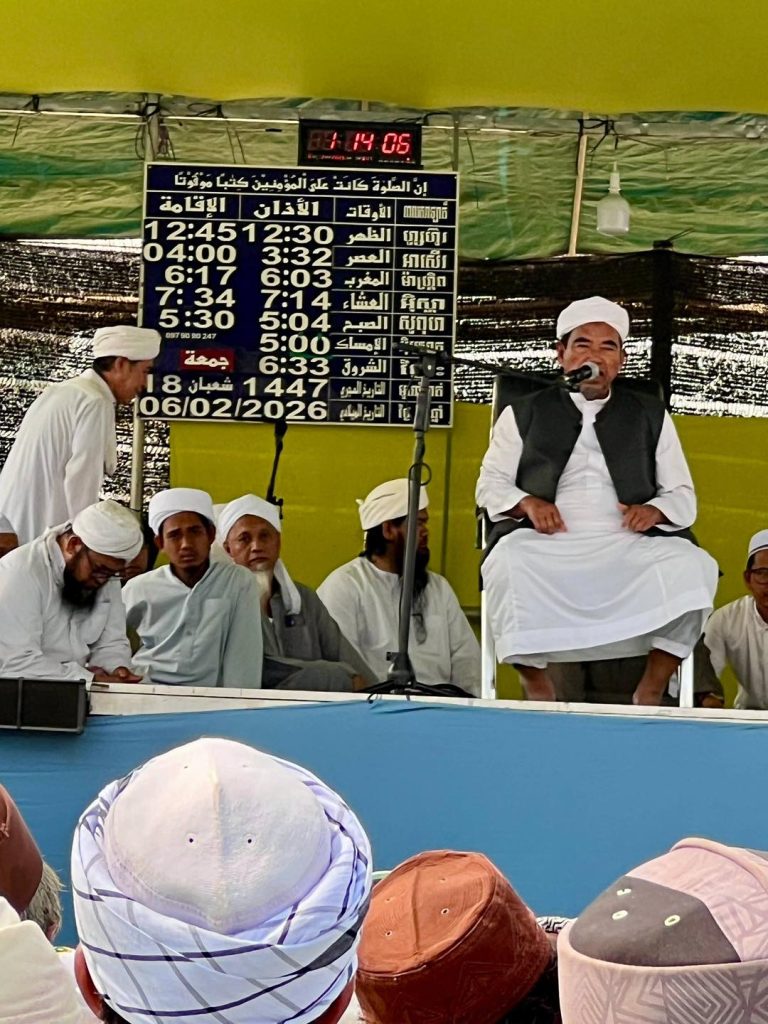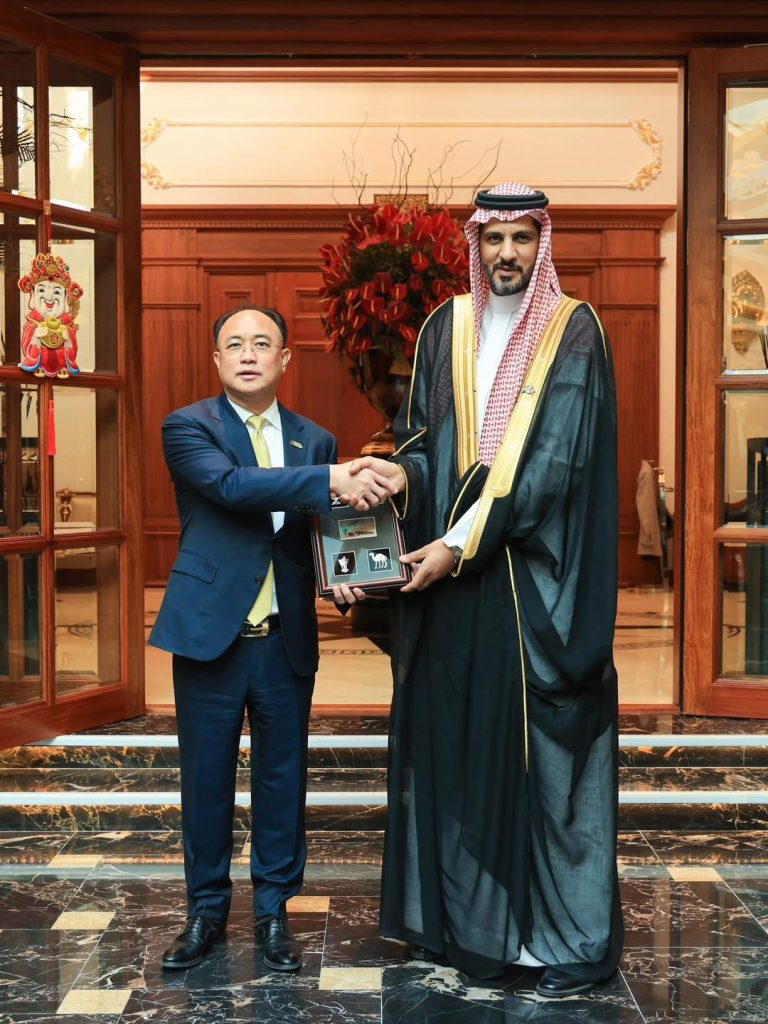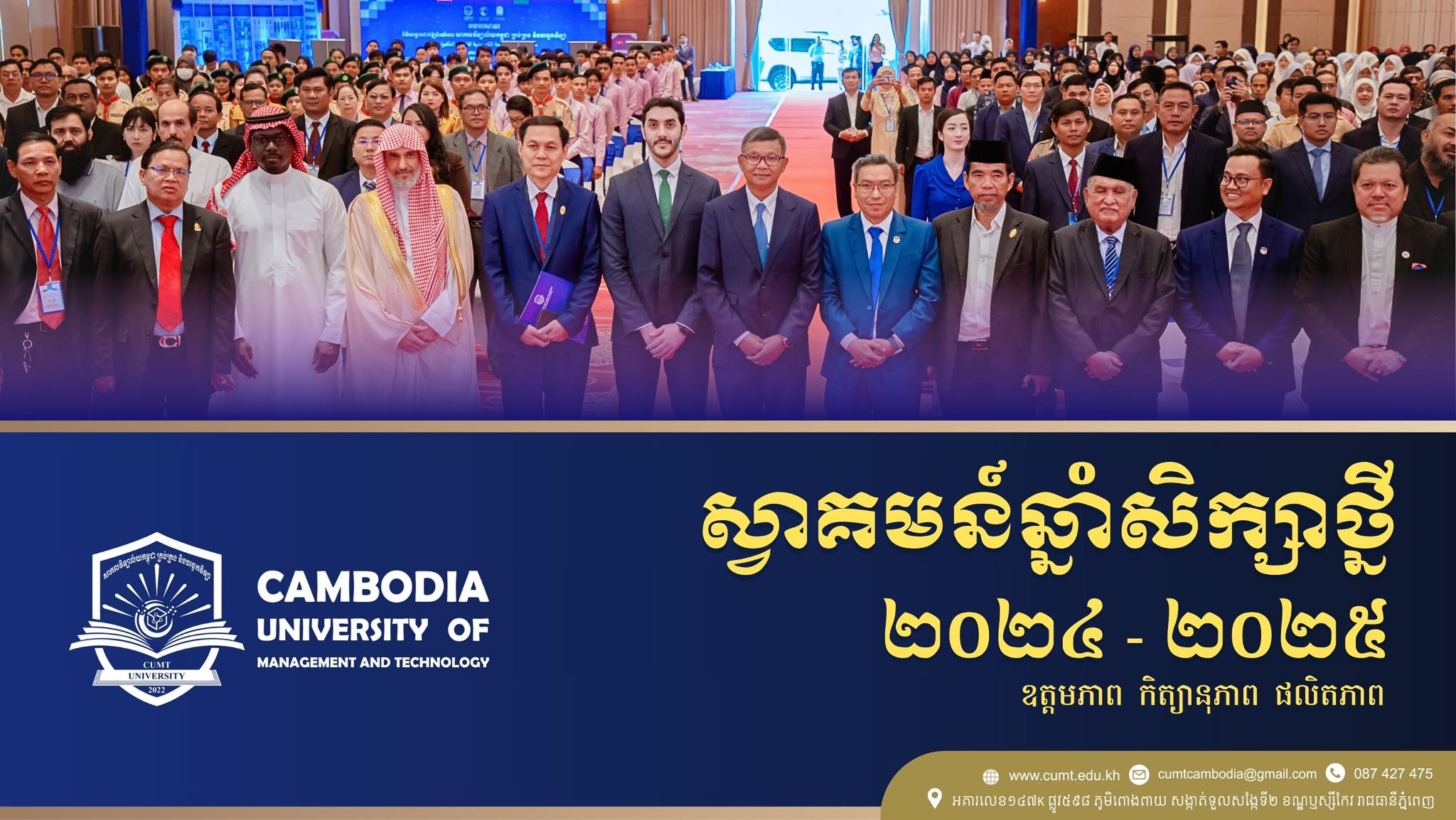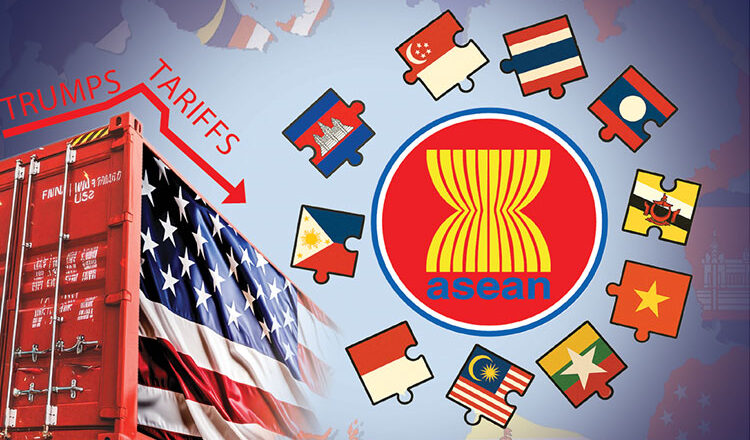
Trump’s tariff hikes hit ASEAN members individually and not as a bloc


Despite skepticism, analysts are hoping that ASEAN will find a way to forge a common stand to collectively negotiate with the US on its harsh tariff hikes.
Current ASEAN Chair Malaysia has called for unity in response to the US reciprocal tariffs, but the anticipated success remains very questionable, as each member is facing different levels of threats as well as the political and economic diversity of the region.
While the Trump administration has targeted the European Union as a bloc when it comes to the recent reciprocal tariffs, all 10 ASEAN member states have been hit individually with different levels of tariffs, which were scheduled to come into effect today. The tariffs are listed as the following: Cambodia: 49%, Laos: 48%, Vietnam: 46%, Myanmar: 45%, Thailand: 37%, Indonesia: 32%, Malaysia: 24%, Brunei: 24%, the Philippines: 18% and Singapore: 10%.
The past week saw ASEAN member states having adopted a mix of unified and individual strategies to mitigate potential economic impacts. Cambodia, which was hit with the highest rate, expressed willingness to negotiate with the US by dropping its tariff on American goods to as low as 5%, while Vietnam announced it may go as far as eliminating the tariff on US products.
Meanwhile, some ASEAN countries are sending delegations to the US for tariff hike negotiations.

Malaysian Prime Minister Datuk Seri Anwar Ibrahim announced yesterday that Malaysian officials will travel to the United States for discussions on the 24% tariff imposed on Malaysian imports.
Indonesian President Prabowo Subianto also announced plans to send a high-level delegation to Washington to negotiate, aiming to increase imports of US products and ease non-tariff barriers as part of the strategy.
Other ASEAN countries are also formulating their responses. The Philippines is working closely with the US to find mutually beneficial solutions, including potential preferential trade agreements. Thailand is assessing the potential impact on its exports and considering appropriate measures.
Anwar, as the current ASEAN Chair, has recently called for a united ASEAN response, emphasising regional unity and open supply chains to address the economic fallout from the US tariffs.
Anwar has also announced on his social media that he has been consulting leaders of ASEAN countries–namely, Indonesia, the Philippines, Brunei, and Singapore– to coordinate efforts.
Nevertheless, Chheng Kimlong, President of the Asian Vision Institute, argues that it is very unlikely ASEAN member states will unify in response to the reciprocal tariffs from the US.
“While ASEAN has proven that it is not a ‘paper tiger’, it is still a region of diversity, with all its members having different economic and political positions as well as different responses to the geopolitical tension,” he explained.
“And now, the fact that US President Donald Trump is targeting individual members in ASEAN rather than the regional bloc has resulted in some members, like Cambodia, Myanmar and Vietnam, being hit with a nearly 50% tariff, while Singapore got slammed with only 10%,” he noted.
Kimlong added that international issues, such as the South China Sea, will also prevent certain countries, such as the Philippines, from antagonising the US, which is now clearly fighting with China, another claimant in the SCS dispute, in what appears to be a global trade war.
“Given such a rationale, as well as the essence of consensus within ASEAN, I think we would not see ASEAN member states issue a joint statement or declaration to form a joint mechanism against US protectionism,” he stated.
Pou Sothirak, a retired academic and Distinguished Senior Advisor at the Cambodia Centre for Regional Studies (CCRS), agreed that the differences within ASEAN memberships as well as the members’ outward policies regarding the US would pose the main challenge for the regional association to reach a consensus. Yet, he also stressed the importance of amplifying the “ASEAN Voice” in facilitating negotiations with the Trump administration.
“You have to know that when you are dealing with Trump, your voice needs to be stronger and carry more weight,” he argued. “Nonetheless, ASEAN member states have to look at the issue and deal with it both individually and collectively.”
Sothirak added that ASEAN members should have a discussion and look at their common ground.
“More importantly, all members must be involved in this process, although some of them are facing completely unique threats,” he stated. “Everything needs to be done in order to ensure that there will be a regional effort to push for the negotiation.”
Prominent Cambodian economist Duch Darin told Khmer Times that, pro tem, the leadership and vision for a more united, resilient and assertive ASEAN come at a time when there is a need for stronger regional coordination and solidarity against impending global economic uncertainties.
“As an economist, I welcome those with a new mandate to strengthen ASEAN’s internal economic architecture, to keep supply chains open and resilient, and to ensure our collective voice is heard loudly and clearly on the world stage,” he said.
Darin also praised Cambodia, which practised economic diplomacy to protect national interests and promote mutually beneficial cooperation in the wider region.
“In response, Cambodia recently also proposed a 5% tariff imposed on 19 various US goods, a reasonable and strategic move for ensuring protection for domestic industries. Such measures complement ASEAN’s wider ambitions of promoting self-reliance, strengthening regional value chains, and partnering with the world on fair and constructive terms,” he said.
“I hope Malaysia and all ASEAN partners will respond to US tariffs in a collective and balanced manner, and that the ASEAN partners will work on mechanisms that respond to the challenges of global trade tension, working towards a more integrated, inclusive and economically vibrant region, built on mutual respect and joint progress.”
The dialogue relationship between ASEAN and the US started in 1977. The US has been the second-biggest trading partner with ASEAN, with their total trade volume estimated at $476.8 billion in 2024.
The economic cooperation between ASEAN and the US is stipulated under the Trade and Investment Framework Arrangement (TIFA) and Expanded Economic Engagement (E3) Initiative.
The TIFA was signed by ASEAN Economic Ministers and United States Trade Representatives (USTR) on August 25, 2006 in Kuala Lumpur and serves as a mechanism to strengthen ASEAN-US economic ties. Meanwhile, the E3 initiative was welcomed by the leaders at the 4th ASEAN-US Leaders meeting in Phnom Penh, Cambodia, on November 19, 2012 to promote closer economic cooperation between ASEAN and the US. TIFA and E3 work plans are discussed and agreed on annually by both sides.
According to the Office of the United States Trade Representative, US goods exports to ASEAN in 2024 were $124.6 billion, up 16.6% ($17.8 billion) from 2023, while US goods imports from ASEAN totalled $352.3 billion in 2024, up 13.3% ($41.4 billion) from 2023. The US goods trade deficit with ASEAN was $227.7 billion in 2024, an 11.6% increase ($23.6 billion) over 2023.
At the US-ASEAN Leaders Sunnylands Summit on 15–16 February 2016, the US President Barack Obama announced the US-ASEAN Connect initiative. Following this announcement, the ASEAN Connect Centre in Jakarta and strategic Connect locations in Singapore and Bangkok were operationalised in September 2016.
Also, the US development assistance under the economic pillar is currently channelled through the Inclusive Growth in ASEAN through Innovation, Trade and E-Commerce (ASEAN-USAID IGNITE). Khmertime


